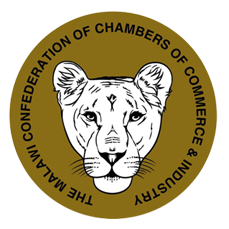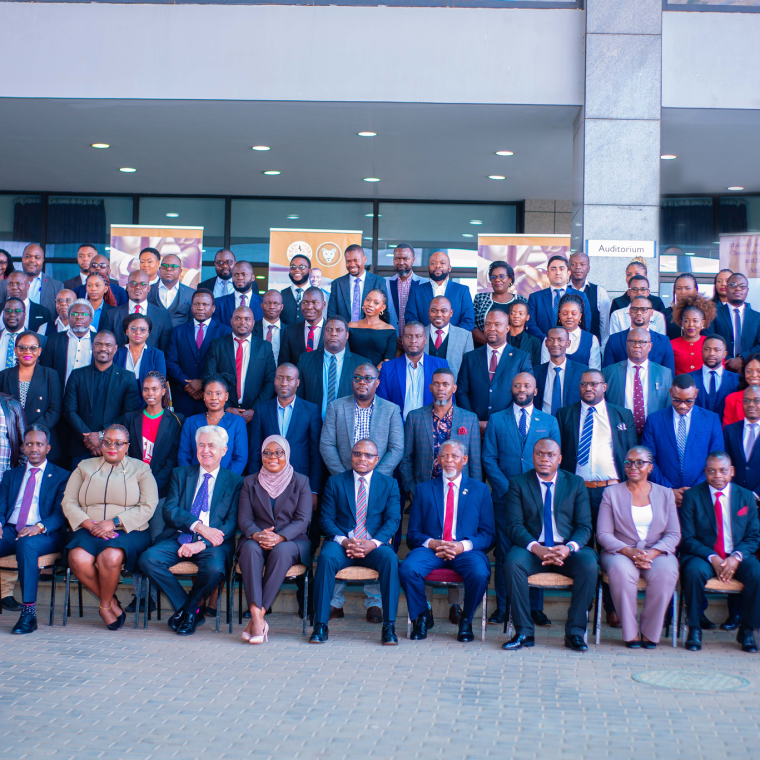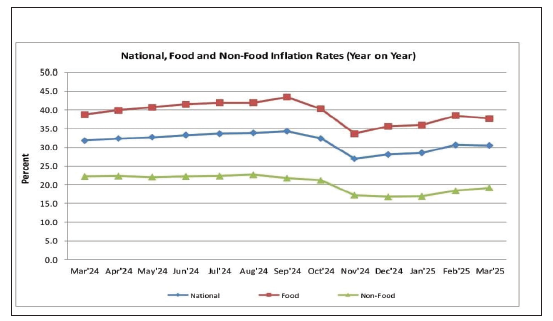The operationalization of the Malawi International Arbitration Centre (MIAC) will help expedite the settlement of commercial disputes and create a conducive environment for investment, the Malawi Confederation of Chamber of Commerce and Industry (MCCCI) and Malawi Law Society (MLS) have said.
MIAC is a joint venture established by the MCCCI and MLS. It followed the enactment of the International Arbitration Bill in December last year.

Speaking at the MIAC symposium held at the Bingu International Convention Centre (BICC) on 5th September 2024, MIAC Director Patrick Mpaka said the Arbitration Centre presents the private sector with a unique opportunity to address the challenges that have plagued the administration of justice in commercial disputes.
Mpaka, who is also MLS president, revealed that the High Courts has just about six high court judges, a development that delays the settlement of commercial disputes. Currently, the commercial courts have a disposal rate of about 38 percent of the cases brought before it.
“The private sector has an opportunity to do something about the situation through the operationalization of the Malawi International Arbitration Centre to provide an alternative and complimentary route to the settlement of commercial disputes.
In a separate interview, MCCCI president Wisely Phiri said expediting commercial disputes through arbitration will provide a faster alternative to lawsuits that will allow businesses to settle their disputes amicably.
“Arbitration will provide a cheaper alternative because the parties will not have to pay substantial legal fees,” he said. “Arbitration also helps keep the disputes private, unlike the courts where the cases might eventually end up in the public domain.”
MCCCI and MLS believe that the expedited, confidential and cost-effective dispute resolution mechanisms offered by the MIAC will create an environment that inspires confidence in prospective and prevailing investors that their business interests will be respected.

On his part, Minister of Justice Titus Mvalo urged the private sector to own the MIAC and diligently advise the government on the best practices that can be used to address the challenges that have plagued arbitration in Malawi and beyond.
In his opening remarks, he pointed out delays in establishing arbitration centres, lack of information about arbitration systems, unfriendly arbitration laws and perceived corruption in Africa as some of the key challenges that have plagued the development of arbitration in Africa.
“As a people and as private sector in Malawi, you must, so far as the law allows it, take charge of our fate in the resolution of commercial and investment disputes by doing something about the things we can and are able to change,” he said.
The Malawi International Arbitration Centre, which is expected to host certified local and international arbitrators, will replace ad hoc arrangements for commercial dispute resolutions made outside the Court system that Malawi has relied on for a long time.
This alternative channel will ensure that commercial disputes are competently resolved in the country and within the SADC region, boosting investor confidence and opening international connections




